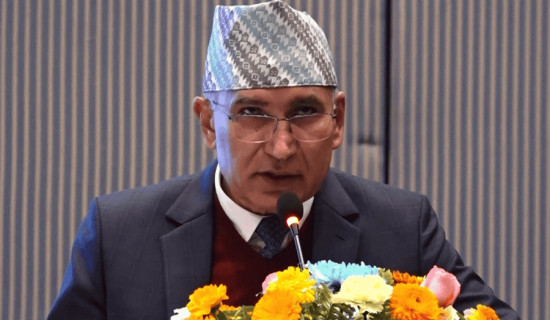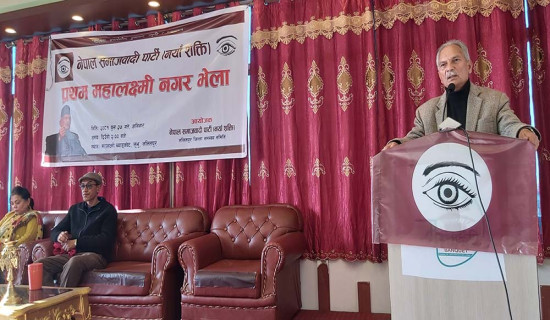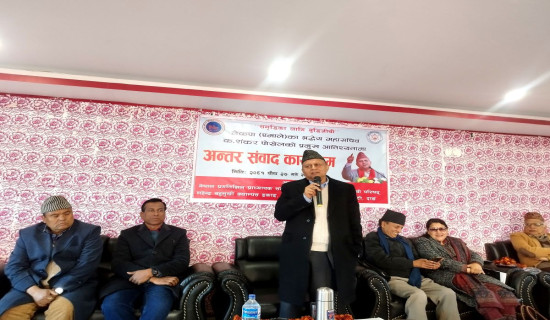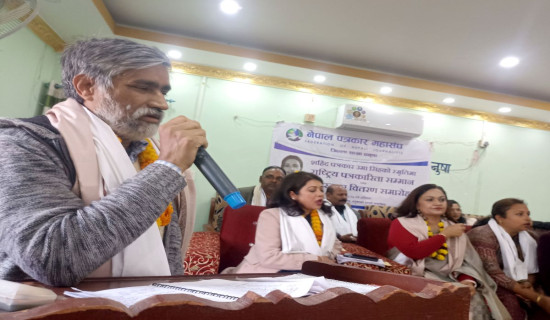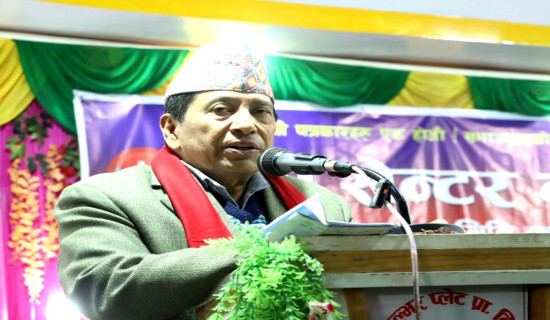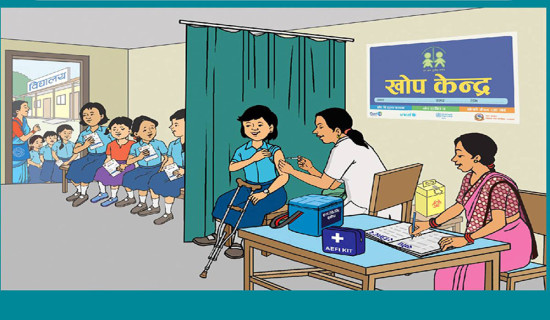- Sunday, 12 January 2025
Cash-strapped Sri Lanka looks to Russia to quench thirst for oil
COLOMBO, June 2 (NIKKEI Asia) -- A desperate and extremely cash-strapped Sri Lanka is turning to Russia for cheap oil, while much of the world shuns Moscow over its invasion of Ukraine.
Trapped in the worst economic crisis in its history, the South Asian country said last weekend that it would pay $72 million for 90,000 tons of Russian crude ordered via a Dubai-based company and docked at Colombo for weeks. Sri Lanka's first purchase of Russian oil since the outbreak of the war in Europe gave a new lease of life to a refinery in Sapugaskanda, just outside the commercial capital, which had been shut since March.
It also highlighted how the country's woes have given Russia an opening. Sri Lanka has already kicked off discussions with Moscow about directly importing crude oil, although it is unclear where the funds for such shipments would come from. Russia has yet to announce any credit line for its South Asian customer.
Sri Lanka needs $554 million to import oil for the month of June alone, according to Power and Energy Minister Kanchana Wijesekera.
Experts say that while Sri Lanka's move to take Russian oil may raise eyebrows, the country has little room to be choosy about its trade partners as it suffers from a severe fuel shortage, daily power cuts and surging living costs.
Sergi Lanau, deputy chief economist at the Washington-based Institute of International Finance (IIF), said the decision to turn to Russia is mostly based on finding low prices in a desperate situation. "I do not think the government has much bandwidth at the moment to strategize on the geopolitical front," he told Nikkei Asia.
George I. H. Cooke, a former diplomat in Sri Lanka's foreign service, agreed the country is in a "tricky situation" and has no choice but to accept assistance from anyone willing to help.
Cooke also noted that ties with Russia are nothing new. "Sri Lanka has had a long-standing relationship with Russia going back to 1957 and this relationship has strengthened over years," he said. "That aside, we also need to understand that Sri Lanka is facing a very big crisis and as a result of that, we cannot be picking and choosing who we are willing to deal with."
Incidentally, the two countries are marking their 65th anniversary of relations this year. As of 2020, Sri Lanka and Russia's bilateral trade stood at $391 million with Sri Lanka exporting products such as tea, knitted gloves and lingerie, while Russia exported mostly wheat, iron and asbestos.
In March this year, Sri Lanka was among the few countries to abstain from voting on a United Nations resolution condemning Russia for its war on Ukraine. Alan Keenan, senior consultant at the International Crisis Group, said that the U.S. and European Union and other governments working to isolate Russia will no doubt be displeased about the new dealings. But given their own strong desire to prevent a complete economic and social collapse in Sri Lanka, it seems unlikely that there will be any serious repercussions.
"The Sri Lankan government has long maintained close ties with Russia," Keenan noted. "In the final years of the civil war [in Sri Lanka] and in the years following, Russia has offered important military and political support, including on the U.N. Security Council and Human Rights Council, where it helped protect Sri Lanka from accountability for its military's brutal and criminal tactics. With both countries in crisis, it is unlikely this will change now."
Fresh data released this week only underscored Sri Lanka's dire circumstances. Headline inflation hit a record 39.1% in May, while food inflation skyrocketed to 57.4%, according to the central bank. To try to shore up government coffers, Sri Lanka's cabinet also gave the nod on Tuesday to increase the value added tax from 8% to 12%, among a series of other tax revisions.
Sri Lanka is in discussions with the International Monetary Fund, seeking a bailout package worth as much as $4 billion, but a decision is still pending.
The IIF's Lanau was confident that the IMF will assess Sri Lanka's situation and negotiate a program purely on economic grounds, suggesting ties with Russia ultimately would not get in the way.
"Its executive board, comprising officials from member countries, may take into account broader considerations when deciding whether to approve a program," he said. "I suspect that given how complicated the global geopolitical and economic outlook is, oil purchases by a small country like Sri Lanka will not become a sticking point."
Russian oil is selling at a 30%-40% discount to benchmark Brent crude.
Murtaza Jafferjee, chairman of the Colombo-based think tank Advocata Institute, said that the only way forward was to significantly reduce demand for fuel in Sri Lanka, because the country cannot continue to rely on loans and credit lines.
"We are currently getting an Indian line of credit and India has deferred Sri Lanka's payments due under an Asian Clearing Union, but all this assistance we are getting from India has to be paid back," he told Nikkei Asia.
So far, India has provided more than $3 billion this year through credit lines and currency swaps.
Jafferjee insisted that an already debt-ridden Sri Lanka cannot afford to continue buying oil on credit, unless it is a temporary measure, because the loans will continue to accumulate. He suggested one way to cut demand would be encouraging the use of public transportation and other shared means of travel, over personal vehicles. "This way, Sri Lanka can reduce consumption," he said.
Just last week, the fuel queues across the country including in Colombo were many kilometers long due to the shortage of gasoline and diesel. "We can't afford to borrow anymore, we have to now live within the dollars we have," Jafferjee added.

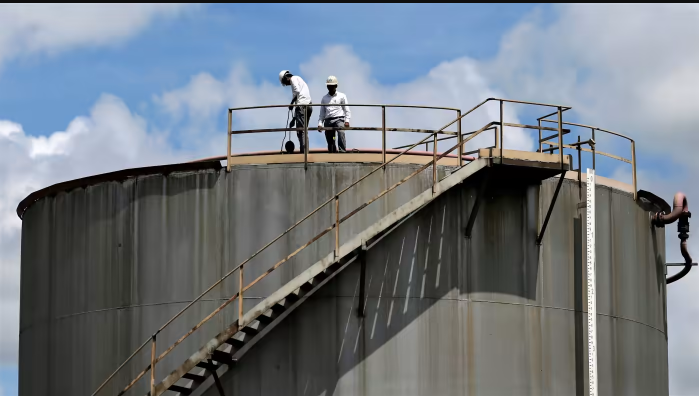


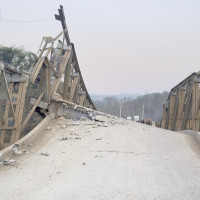



-square-thumb.jpg)

